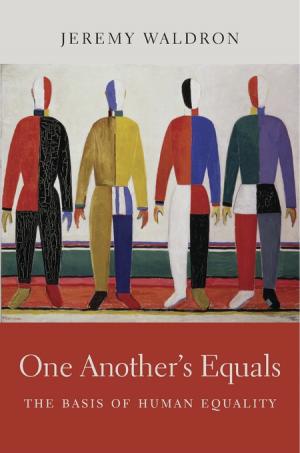That humans are all one another’s equals, and this makes a difference to how we ought to deal with each other and to organize ourselves legally, politically, socially and economically. Indeed, this has been an enduring theme in Western philosophy, including Jewish and Christian thought (with a few disgraceful exceptions), for thousands of years. Yet it is woefully under-explored.
In recent political philosophy, a tremendous amount of energy has been devoted to equality as an economic or social aim. People ask whether equality of wealth, income, or happiness is something we should aim for; whether it is an acceptable aim in itself or code for something else, like the mitigation of poverty; whether it implies an unacceptable leveling; and whether, if achieved, it could possibly be stable. People also ask how it is related to other social values such as efficiency, liberty, and the rule of law. Such questions are important. But there has not been nearly enough discussion of the fundamental idea of equality that underlies all this.
These lectures are an attempt to remedy that shortfall. In the lectures I will be asking: What does it mean to say we are all one another’s equals? Does a sense of equality distinguish humans from other animals? On what is this human equality based? Is it a religious idea? Is it a practical commitment? Is it just a matter of human rights? Is there supposed to be some shared feature that all human beings have in common? And if we take that approach, what are we to say about our brothers and sisters who suffer from profound disability—whose human claims seem to outstrip any particular description that they satisfy or any capacity that they have?



